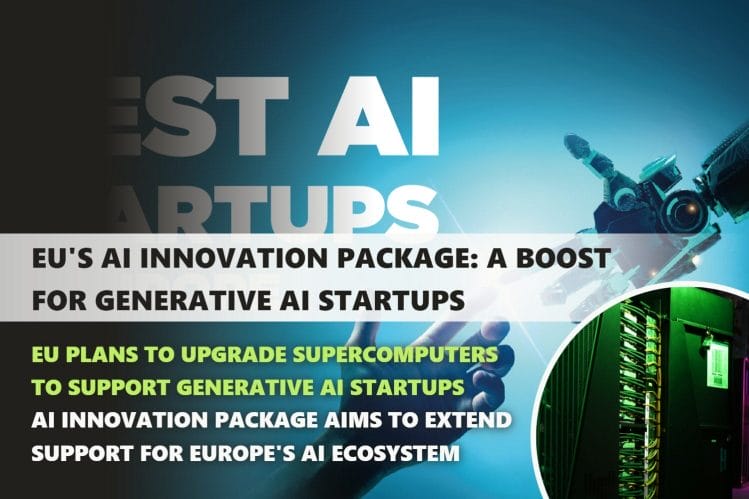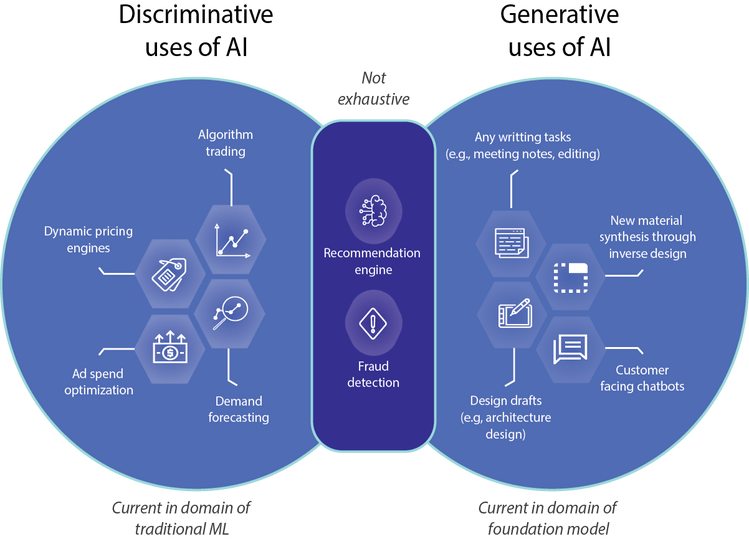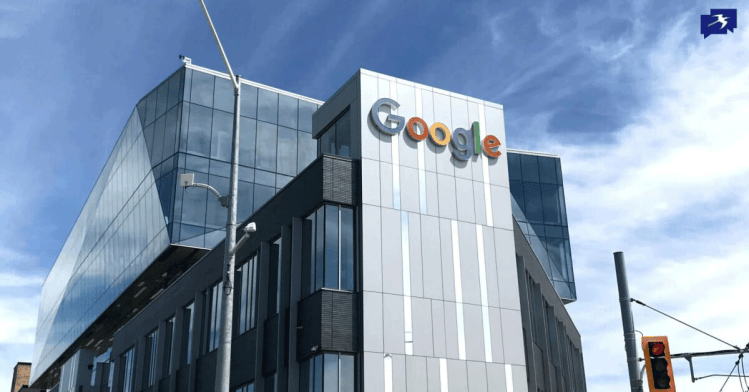Are we on the brink of an AI revolution in Europe, and what does it mean for global tech innovation? The European Union is making a decisive push to position itself at the forefront of the generative AI race.
By presenting an ambitious package of support measures, European lawmakers are set to ignite a transformation in the AI landscape, providing fertile ground for the blossoming of homegrown AI startups and scale-ups.

At the core of this transformation is the EU’s recognition of the importance of generative AI models—AI that can create text, imagery, or audio with minimal input. These models are not just innovative, they’re transformative, and they hinge on the availability of vast computational resources. Traditionally, the EU’s supercomputers like MareNostrum 5 have served scientific endeavors. Now, there’s a directive to pivot some of that computing heft toward AI, amending the historical narrative of these technological titans.
The EU’s “AI innovation package,” as adopted by the Commission, outlines a multifaceted approach to invigorate Europe’s AI ecosystem. This includes upgrading high-performance computing infrastructure to nurture model training, and ensuring access to both the necessary skills and the talent pool to bring the generative AI magic to fruition.
With the sudden emergence of tools like OpenAI’s ChatGPT, EU officials concede they’ve been somewhat blindsided by the compute infrastructure demands for training such AIs. Thus, the policy response, spearheaded by digital chief Margrethe Vestager and internal market commissioner Thierry Breton, is an assertive one: privileged access to European supercomputers for SMEs and startups, the launch of AI Factories to amalgamate the ‘raw materials’ for AI development, and the proposition of a more agile legislative framework for supercomputing upgrades.
Despite some industry push-back—last year’s lobbying by France’s Mistral for regulatory carve-outs, for instance—the Commission is pressing forward. Indeed, the establishment of the AI Office within the Commission, functioning as a central coordination body for AI policy, underscores the EU’s dedication to creating a robust AI governance framework.
Read: Google Unveils AI-Powered Educational Tools for Smarter Learning
As the EU continues to navigate these technological waters, challenges like overbooked supercomputing resources and global competition for vital components such as GPUs remain. Yet the EU’s resolve is clear: amendments to procurement rules aim at doubling supercomputing capacity, and initiatives like the “GenAI4EU” and European Digital Infrastructure Consortiums (EDICs) signal a comprehensive, forward-thinking strategy.

Our Recommendations: The Independent Perspective on the EU’s AI Leap Forward
What does the EU’s AI leap mean for innovators and entrepreneurs, particularly those working outside the European sphere? For one, it indicates a major shift in the market dynamics of AI development. Here are our recommendations for those watching from afar:
- Embrace Open Innovation: As the EU upgrades its infrastructure, expect new collaborations and partnerships to emerge. Entities outside of Europe should seek opportunities for cross-border innovation, leveraging open-source projects and platforms.
- Monitor Policy Developments: The evolving legislative environment in the EU could set precedents that affect global AI policy. Stay informed and be prepared to adapt to a changing regulatory landscape.
- Leverage EU Data Spaces: With the EU focused on building out Common European Data Spaces, there’s potential for international startups to benefit from these resources. Look for ways to integrate or complement these efforts.
- Anticipate Talent Flows: As the EU invests in skills and talent development, the global AI talent pool may shift. Keep an eye on emerging European centers of expertise that could provide partnership or hiring opportunities.
- Responsible AI as a Benchmark: With the EU’s emphasis on trustworthy AI, aligning with these values could become a competitive advantage. Consider adopting similar standards to appeal to a wider market that increasingly values ethical tech development.
- Prepare for a Competitive Edge: As the EU makes supercomputing resources available for generative AI, expect a surge in innovation. Rethink your competitive strategies to align with the accelerated pace of development this will likely trigger.
Read: AI Startups’ Slim Margins Could Undermine Future Valuations
In conclusion, the EU’s assertive leap into the AI fray is not only a significant step for the region but a marker of a global transformation in AI capabilities. The ripple effects of Europe’s upgrade and the establishment of an AI ecosystem built on trust and innovation will be felt worldwide. It’s a moment of potential—a call to action for the global tech community to rise to the new challenges and opportunities that this AI revolution presents.
What are your thoughts on the latest AI news? Let’s know in the comments.










